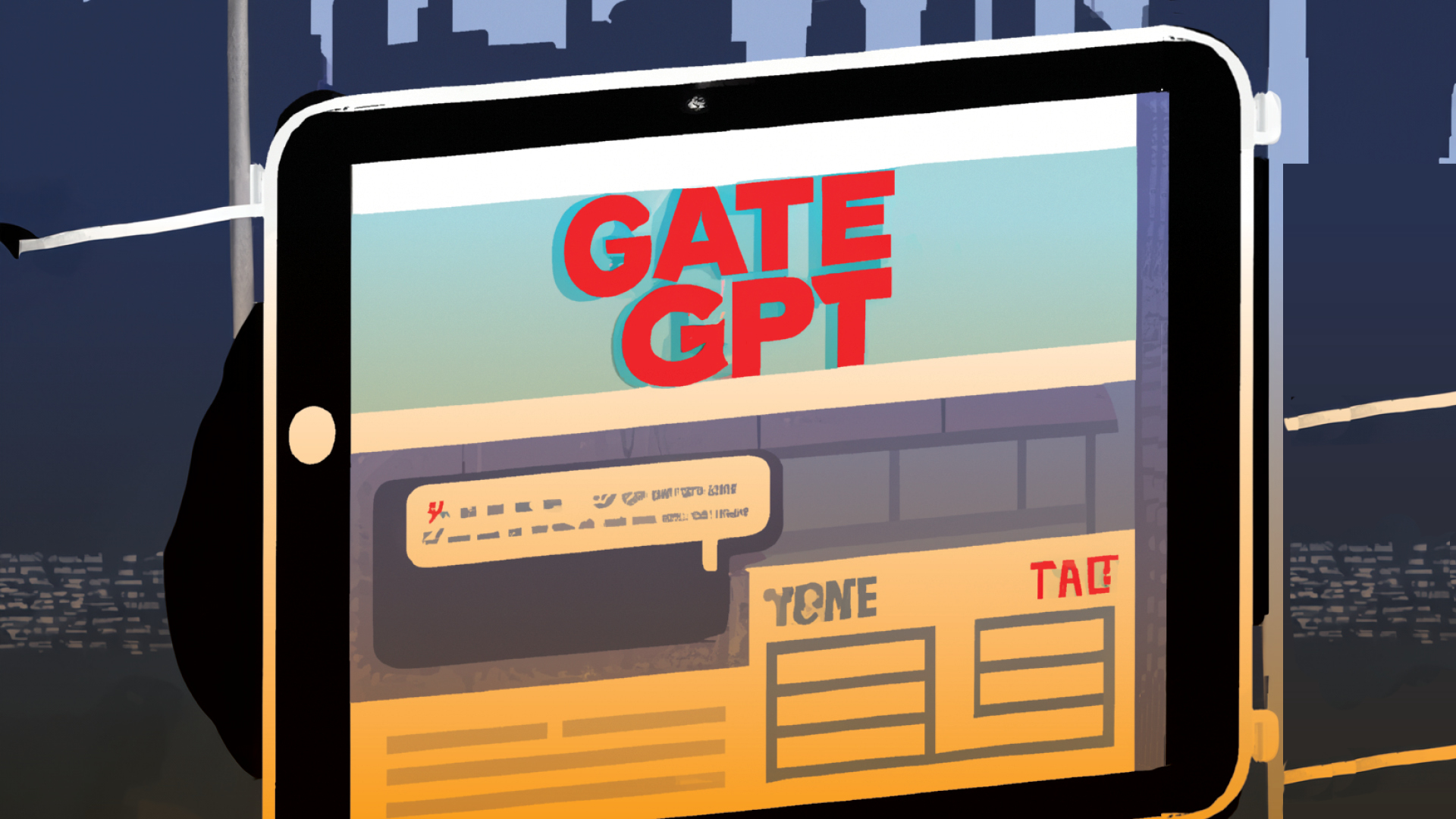Journalist Dora Antoniou* discusses the role of artificial intelligence in the everyday life of journalists.

While delving into archival material on election results, I decided to conduct an exercise by seeking relevant information from ChatGPT. Initially, I posed a broad query about “election results in Greece.” ChatGPT promptly informed me that it lacks data on election results beyond 2021 and advised me to consult reliable news sources “like newspapers, TV networks, or websites that cover political matters in Greece.”
I then thought to seek more specific information about a pre-2021 election, specifically inquiring about the “1974 election results in Greece.” However, except for the first party, New Democracy, which received 54.37% of the vote and secured 220 seats, the response provided by ChatGPT contained incorrect information regarding the percentages, party participation, and seat allocations for the other parties. The following day, I repeated the same query, but ChatGPT’s response suggested referring to reliable news sources or Greek government websites for accurate information. Regarding the 1974 elections, once again, only the details about the first party were accurate, while the rest of the information remained incorrect and even inconsistent with the previous day’s response. The response even mentioned elections that allegedly “followed up on December 16, 1974,” with results claimed to be “nearly identical to the previous elections in November 1974.” Despite my extensive search for information about these alleged elections, I couldn’t find anything. There were simply no elections held in December 1974.

This may seem like a lengthy introduction, but its purpose is to underscore the compelling power of real-life examples. While the future of artificial intelligence development remains uncertain, the reliability and accuracy of the information provided by AI systems are inherently tied to the dependability of individuals responsible for managing the data sources. As a primary observation, it becomes evident that rigorous cross-checking and verification are indispensable for ensuring the accuracy of the data presented as answers.
It is no coincidence that the iMEdD’s work on the analysis of political discourse during the election period places significant emphasis on transparently presenting both the research and scientific team involved in the project, as well as the methodology employed. As in any research endeavor, whether employing conventional, digital, or artificial intelligence tools, the researcher’s role is always considered a significant factor in evaluating the reliability of the research. This research demonstrates that leveraging artificial intelligence tools can yield structured results and valuable insights from the evaluation of big data, which would be challenging to process using alternative methods. These capabilities prove immensely valuable and can significantly enhance journalistic work. However, it is important to note that when utilizing information extracted through AI for journalistic purposes, special care must be taken regarding the source and rigorous cross-checking, especially in cases where the source is unknown or its reliability is questionable.
Leveraging artificial intelligence tools can yield structured results and valuable insights from the evaluation of big data. However, when utilizing information extracted through AI for journalistic purposes, special care must be taken.
On a secondary level, as the debate surrounding the potential progressive replacement of journalism by artificial intelligence unfolds, I personally believe it is premature to make such claims. I can envision the possibility of AI being able to cite events and facts by integrating with databases and operations centers of emergency management agencies. I also anticipate AI’s potential to perform rapid and comprehensive data analysis, utilizing predefined patterns effectively. But there remains a fundamental question about AI’s ability to go beyond these functionalities. Can AI truly engage in reporting, conduct interviews with sources, provide nuanced perspectives beyond surface-level news, uncover behind-the-scenes revelations, analyze strategic implications, and identify inconsistencies or falsehoods in the information it receives? In essence, can AI replace the complexity of human thought and the invaluable simplicity of well-informed interactions with diverse sources, which bring distinct perspectives and dimensions to any given issue?
*Dora Antoniou is a journalist at Kathimerini.
Translation: Anatoli Stravroulopoulou

The opinion and comment articles published on iMEdD Lab represent their authors and do not necessarily represent the views of iMEdD. Authors express themselves freely, without prior guidance or intervention.